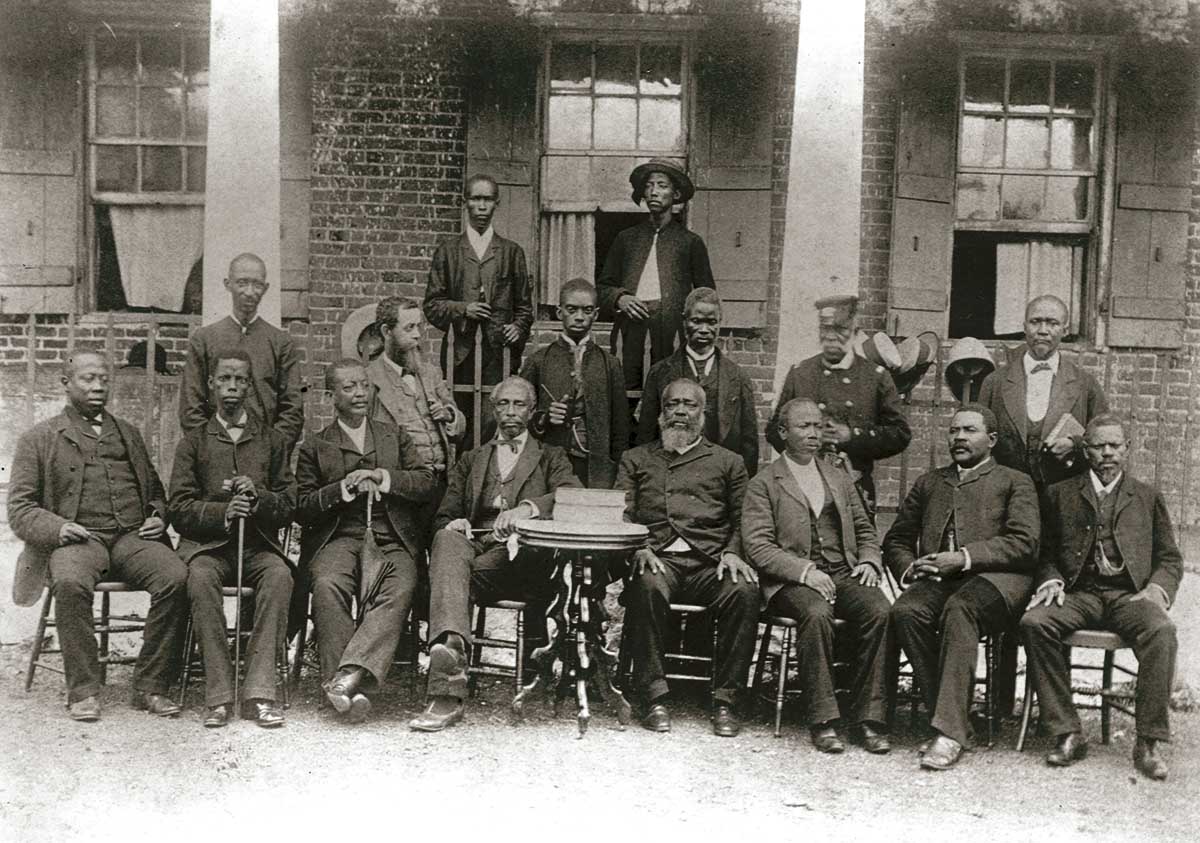The Foundations of Liberia | History Today - 2 minutes read

The year 2020 is unlikely to be marked with particular fanfare in Liberia, but it was 200 years ago, on 31 January 1820, that 88 African American men, women and children boarded a ship in New York Harbor with the intention of creating a colony in Africa where they would be free of prejudice. Officially, these passengers were labourers tasked with creating a settlement for ‘recaptive’ slaves liberated from illegal slave ships, but everyone – from the American Colonization Society (ACS) that chartered the ship, to the American president James Monroe – knew that these were colonists seeking a promised land.
The problem, or rather one of many problems, was that they did not yet have any land on which to settle. It took just over a month for them to land in the British colony of Sierra Leone, but it was nearly two years before a US government agent managed to purchase land for them about 150 miles further down the coast, allegedly using the expedient of a loaded gun pointed at the head of a local leader, known to Europeans as King Peter. Finally, in April 1822, a few of the remaining pioneer families, augmented by more recent arrivals, began settling their new home. It would be 25 years before they declared their independence and established the Republic of Liberia.